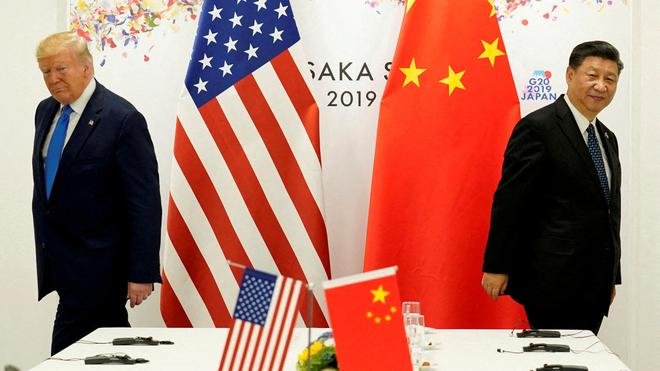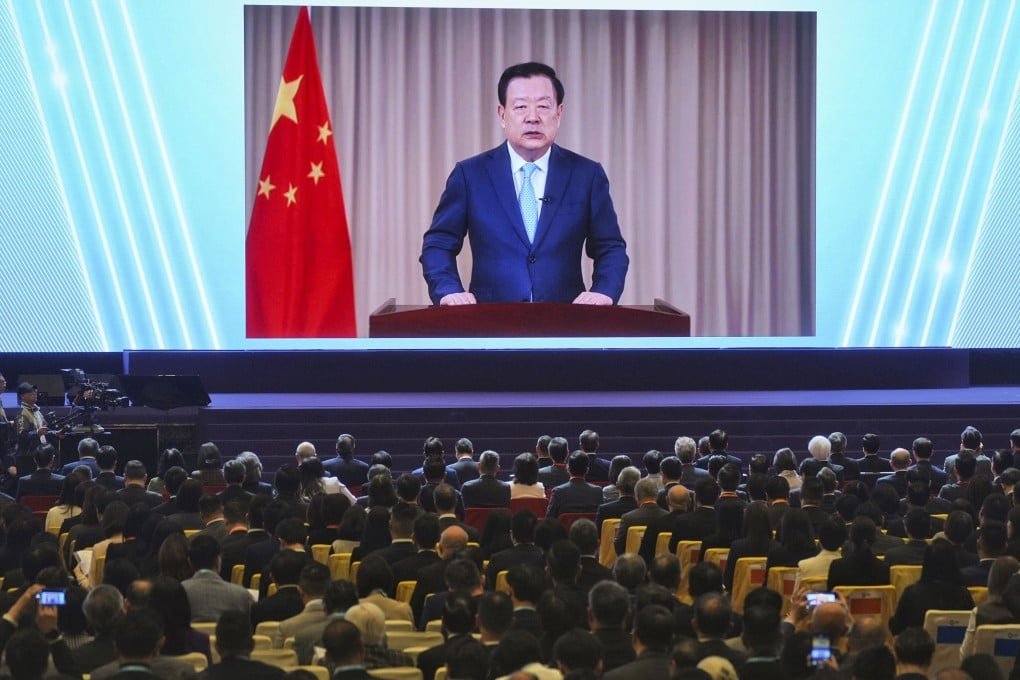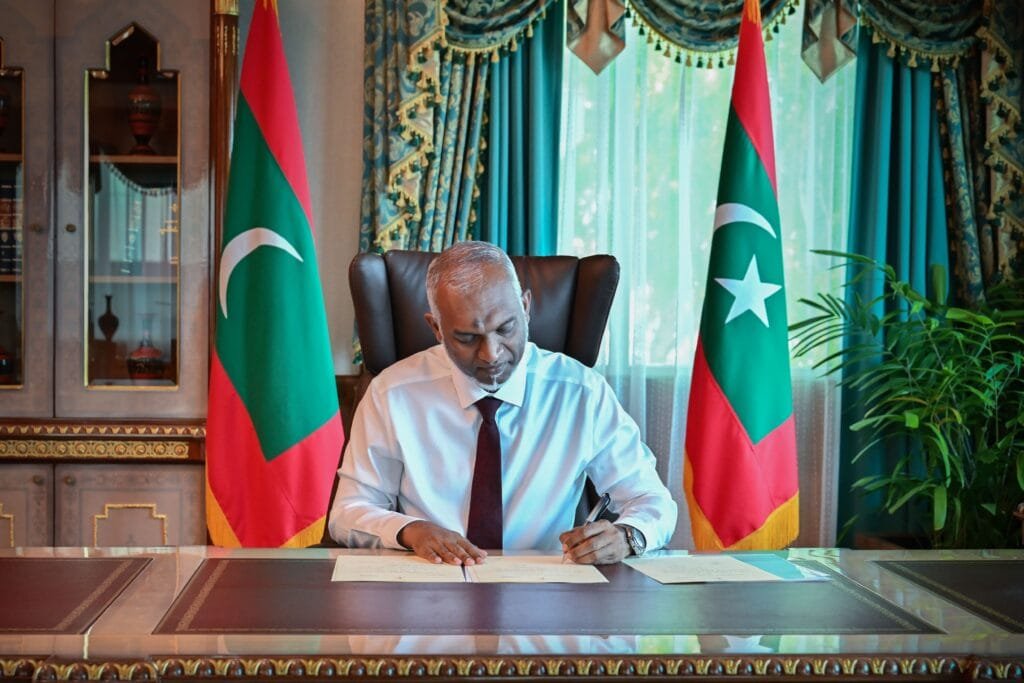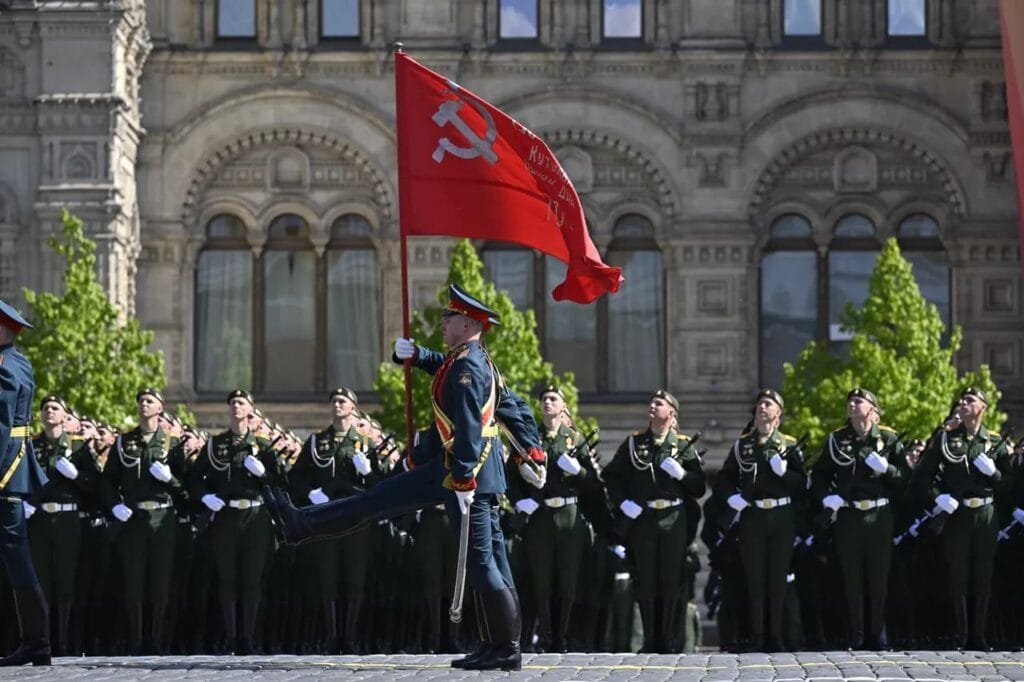U.S. President Donald Trump announced significant adjustments to U.S. trade tariffs, implementing a 90-day pause on tariff hikes for most countries by reducing them to a universal 10%. Concurrently, tariffs on Chinese imports have been sharply increased to 125%, a move attributed to China’s “lack of respect” in trade relations.
This policy shift follows extensive outreach from over 75 nations seeking to negotiate individualized trade agreements with the United States. The administration’s strategy aims to leverage these negotiations to address trade imbalances and promote fair practices. Treasury Secretary Scott Bessent emphasized that countries refraining from retaliatory measures could benefit from tailored trade discussions.
The financial markets responded positively to the announcement. The S&P 500 surged nearly 7%, and the Nasdaq Composite climbed more than 8%, recovering from previous declines driven by escalating trade tensions. Analysts noted that while the temporary tariff reduction provided immediate relief, the substantial increase in tariffs on Chinese goods underscores ongoing complexities in U.S.-China trade relations.
In retaliation, China imposed an 84% tariff on all U.S. imports, effective April 10. Additionally, the European Union announced 25% duties on select U.S. products totaling €21 billion, though politically sensitive items like bourbon were exempted. These countermeasures reflect the broader international ramifications of the U.S.’s tariff adjustments.
Economists and financial leaders have expressed concerns about the potential for increased market volatility and the heightened risk of a global recession. The abrupt policy changes have introduced uncertainty, prompting caution among investors and multinational corporations.
As the 90-day period unfolds, the U.S. administration intends to engage in negotiations with various countries to establish more balanced and fair trade agreements. The outcome of these discussions will be pivotal in determining the future landscape of international trade relations and economic stability.




